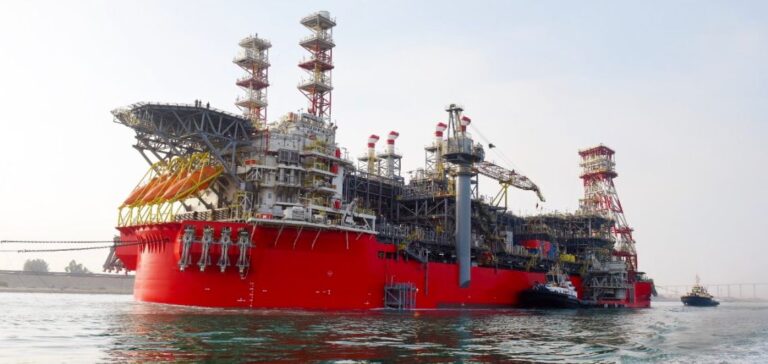“Lebanon has obtained all its rights” in the final draft of the agreement on the delimitation of its maritime border with Israel, submitted by the American mediator, one of the main Lebanese negotiators told the press on Tuesday.
“Today, we have reached an agreement that satisfies both parties. Lebanon has obtained all its rights and all our remarks have been taken into account,” said Elias Bou Saab, vice president of the Parliament.
Israel had previously announced that all its requests had been accepted, which opens the way to an agreement with the Hebrew state removing obstacles to the exploitation of gas fields in the eastern Mediterranean.
The United States has been mediating for two years between the two neighbors, officially in a state of war, to reach this agreement.
Bou Saab expressed hope that the agreement on the delimitation of the maritime border would be concluded before the end of President Michel Aoun’s term, which expires on October 31.
According to press reports and officials in Israel, the text provides for the Karish offshore field to be under Israeli control and the Qana reserves, located further northeast, to be granted to Lebanon.
But since part of this deposit crosses the future demarcation line, the Hebrew State would receive a share of future revenues from the gas exploitation of Qana by TotalEnergies, according to these sources.
The Lebanese negotiator assured that there had been “an agreement between Total and the Israelis” under which the latter could “receive compensation” from the energy giant and not from Lebanon.
In this context, the Middle East and North Africa Director of the Exploration-Production branch of TotalEnergies, Laurent Vivier, arrived on Tuesday in Lebanon, according to the National News Agency (ANI, official).
In a context where the European Union is seeking to diversify its gas supplies due to the Russian invasion of Ukraine, Israel is banking on the Karish field, which is ready to come on stream, to boost its gas deliveries to the Old Continent.
For its part, Lebanon, which is in the midst of a financial collapse, will have to wait years before benefiting from a possible gas windfall, as the exploration process in the Qana field has not yet begun, analysts say.






















